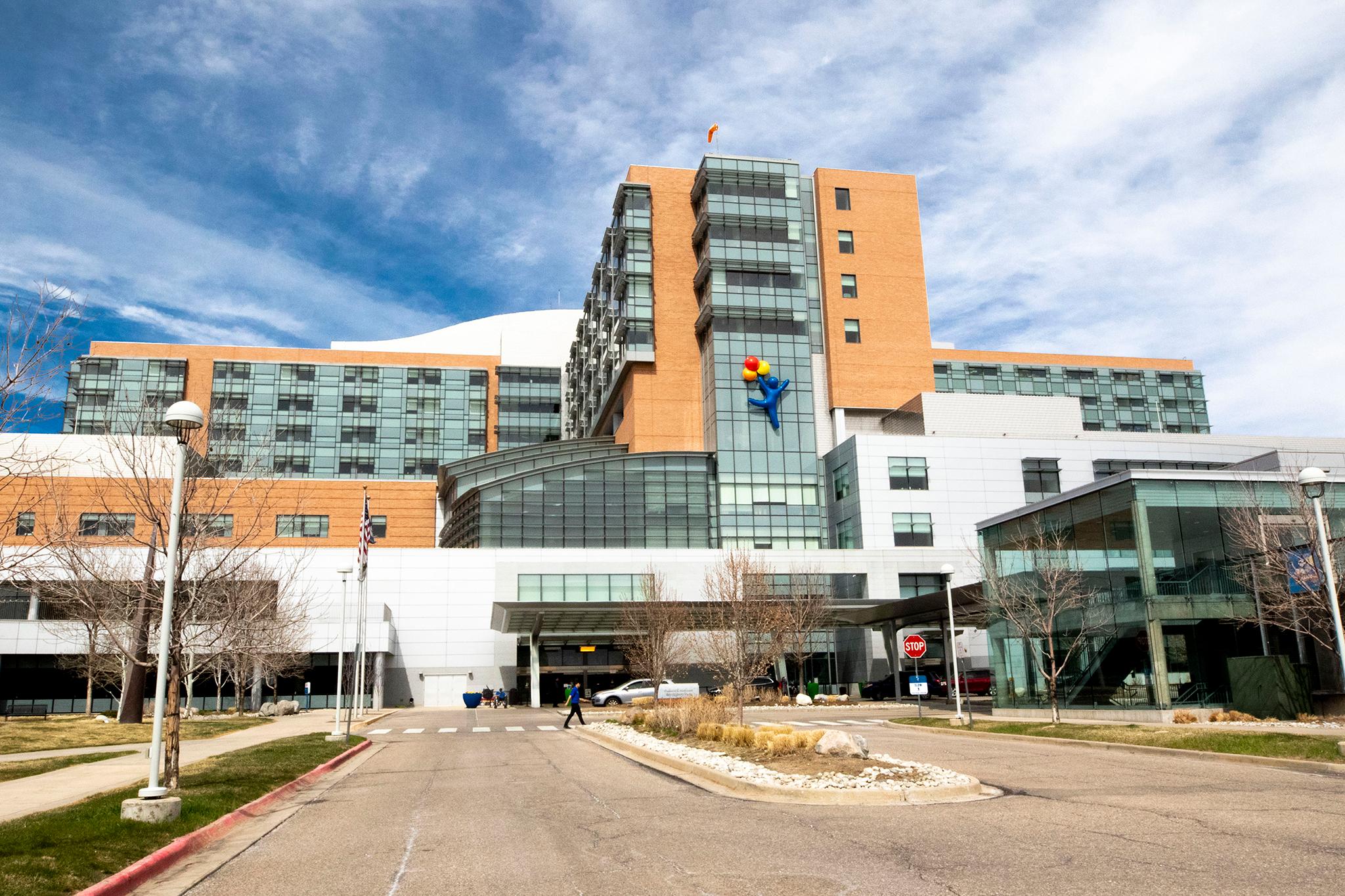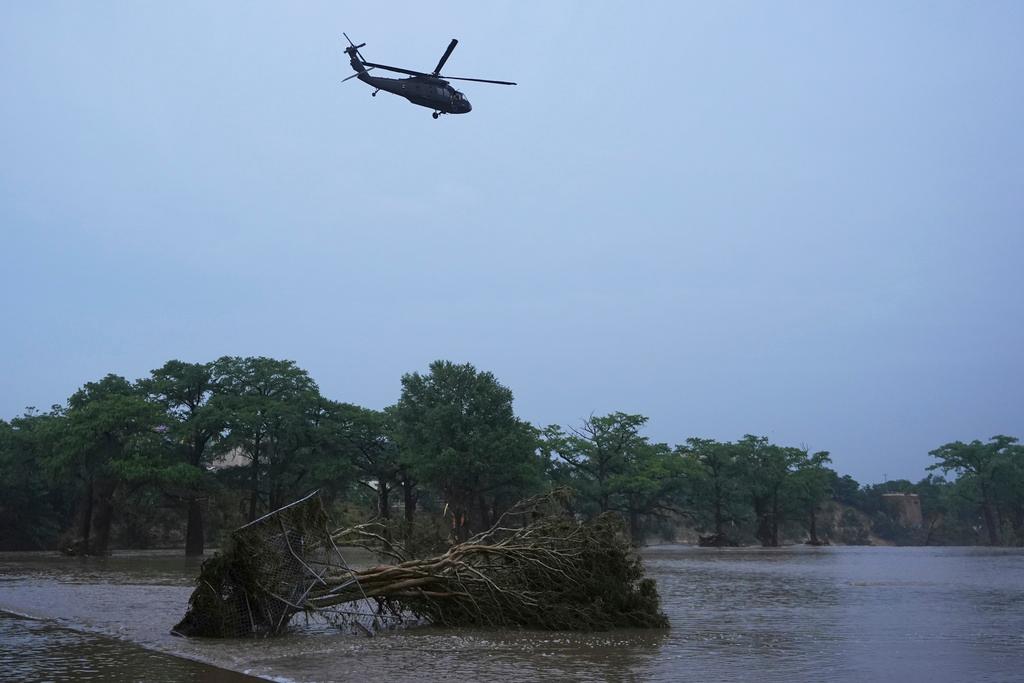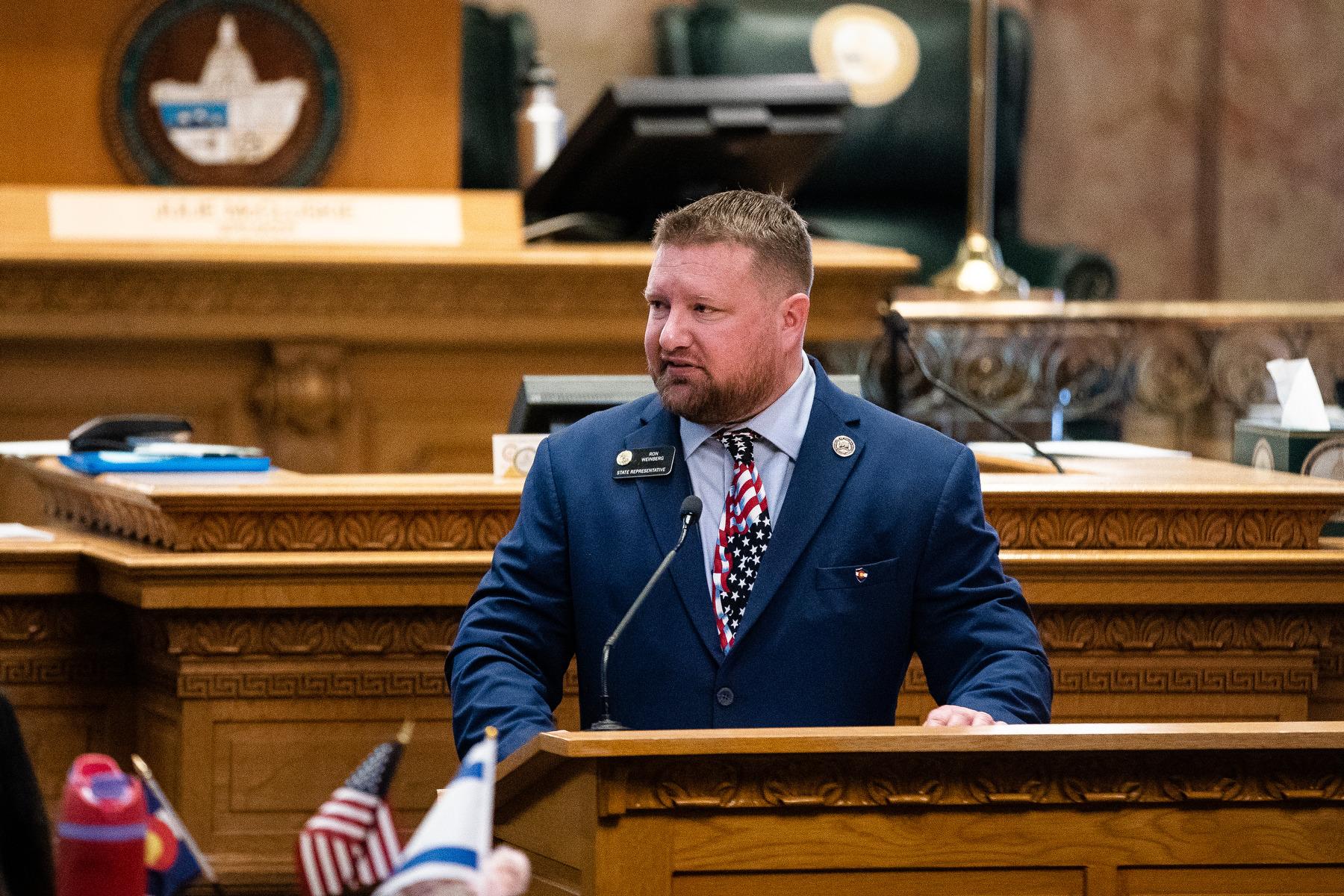
Based on increased demand for behavioral health services over the past four months, Children's Hospital Colorado is declaring a pediatric mental health state of emergency.
David Brumbaugh, the chief medical officer for the hospital, said it's been unlike anything he's seen in his 20 years of practice.
"Our kids have run out of resilience," Brumbaugh said. "Their tank is empty. That's where we are right now as a system and it's impacting families across our metro area, across our state."
Jenna Glover, with the Pediatric Mental Health Institute in the hospital system, said the increase in behavioral health needs is due to the long-term effects of COVID-19-related stressors.
"Despite things getting better in terms of COVID, kids have dealt with chronic stress for the past year that has interrupted their development," Glover said. "Now kids are asked to be starting back into life again, they don't have the resources to do that, they're burnt out and they feel so behind they don't know how to catch up."
Glover said these feelings contribute to a sense of hopelessness, which is one predictor of suicidal ideation. She said she doesn't see this going away in the next year.
From January to April 2021, youth behavioral health visits in emergency departments across the hospital system have increased more than 70 percent over the same time period in 2019. In April 2021 alone, there was a 90 percent increase over April 2019, according to Children's Hospital Colorado.
"Our inpatient behavioral health and mental health resources have been completely tapped during the pandemic," Brumbaugh said. "Those beds have all been full. The supply has not met the demand."
In response, Chief Nursing Officer Pat Givens said the system plans to increase behavioral health capacity at the Anschutz location in Aurora by 50 percent by March of 2022. This includes programs focusing on eating disorder recovery, partial hospitalization and intensive services. The hospital also plans to convert some of the pediatric medical beds to medical and psychiatric beds.
In Colorado Springs, the hospital experienced a 145 percent increase in youth behavioral health visits since January in comparison to 2020. The location currently has six out of 24 beds in the emergency department dedicated for behavioral health.
Chief Medical Officer Michael DiStefano said a few years ago, that number felt generous, but he's seen up to half the patients in the emergency department need behavioral health support.
DiStefano said while the hospital in Colorado Springs needs to increase capacity, that can't be the only focus.
"If we are building beds, acute beds, we are losing the battle against suicide and behavioral health problems with our teens," DiStefano said.
He cited the need for an integrated youth mental health system, one that addresses prevention and outreach resources before kids get to a crisis point and get to the hospital.
Hospital leadership is calling for more flexibility from the state to create partnerships to address these issues system-wide, like the collaborations between hospitals to care and transport COVID-19 patients over the past year.









